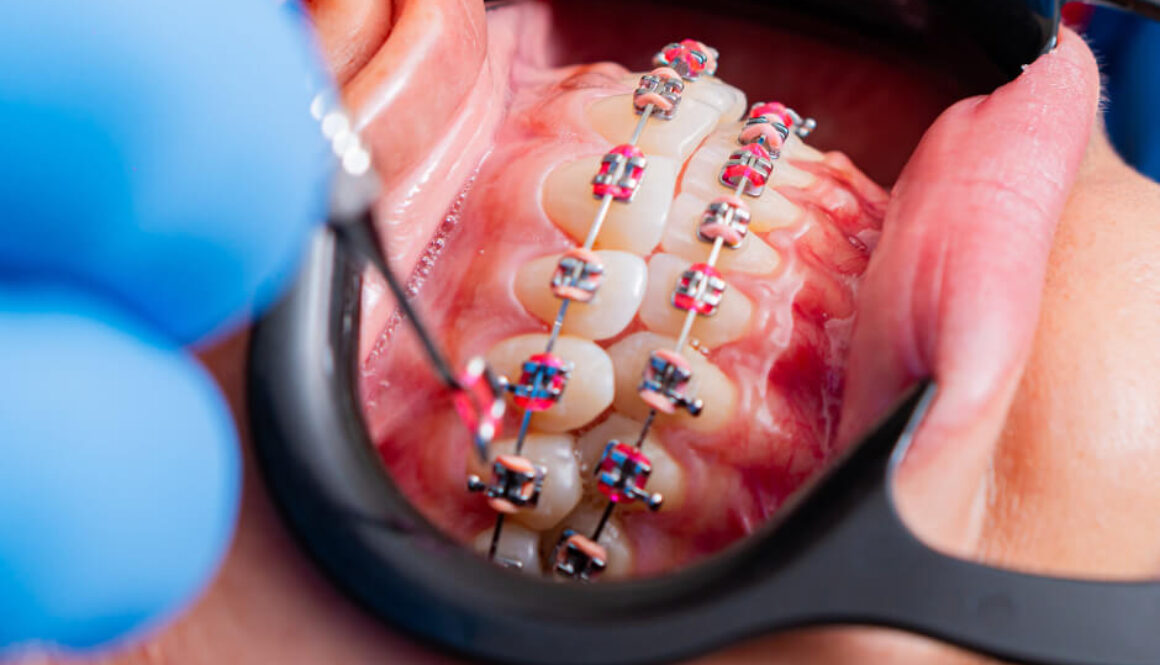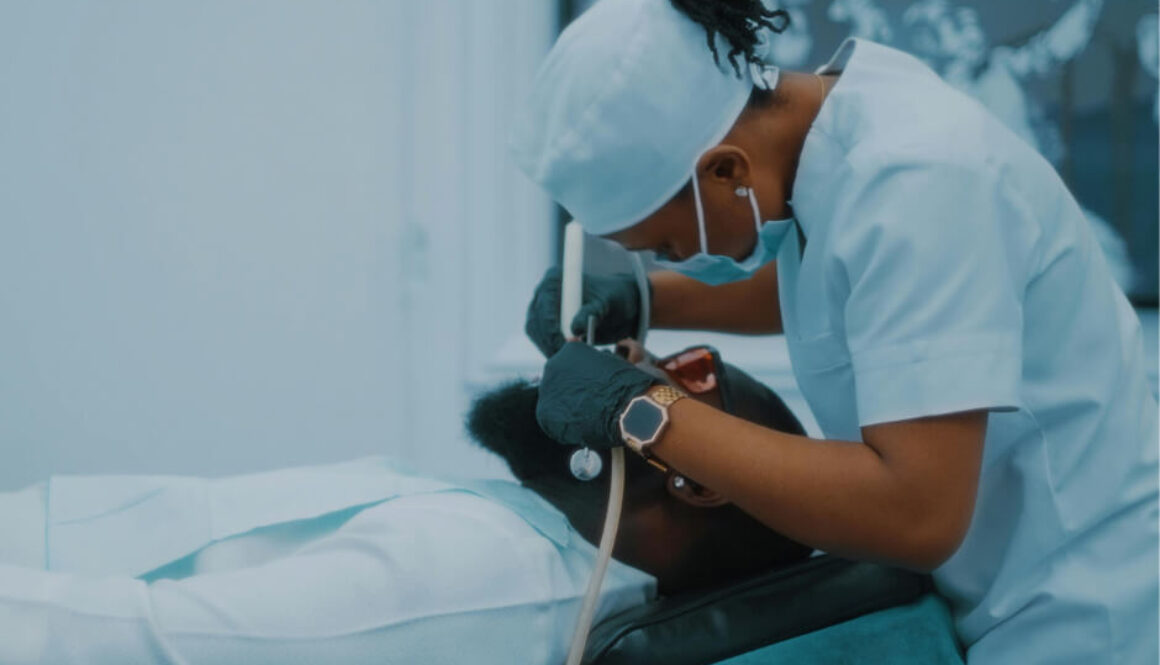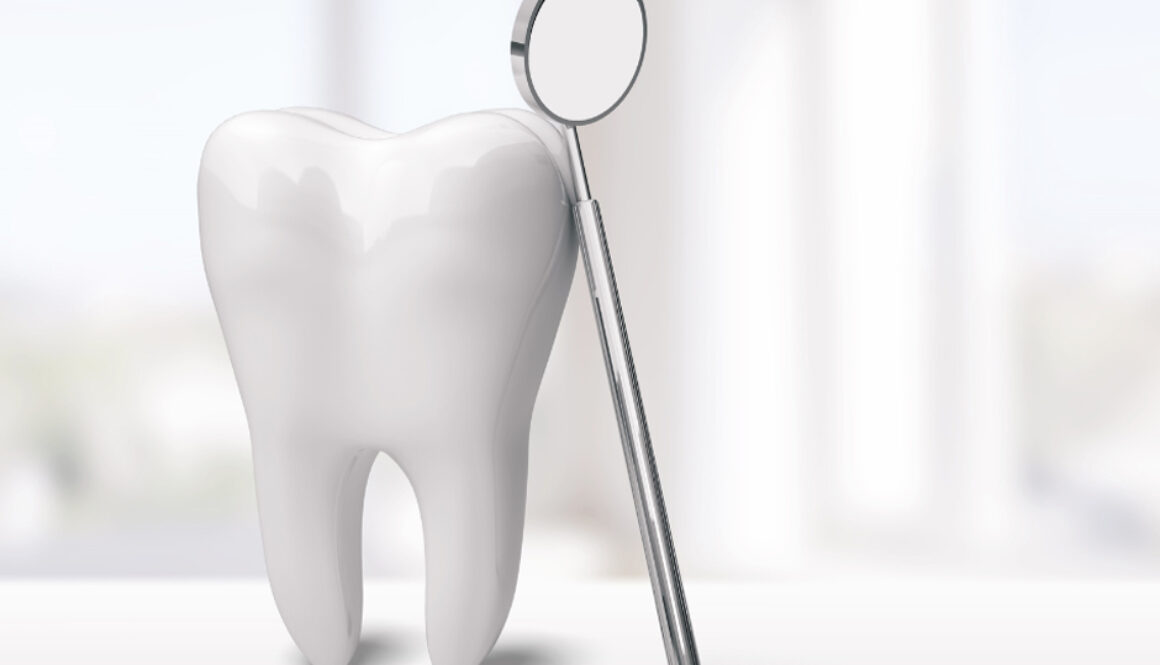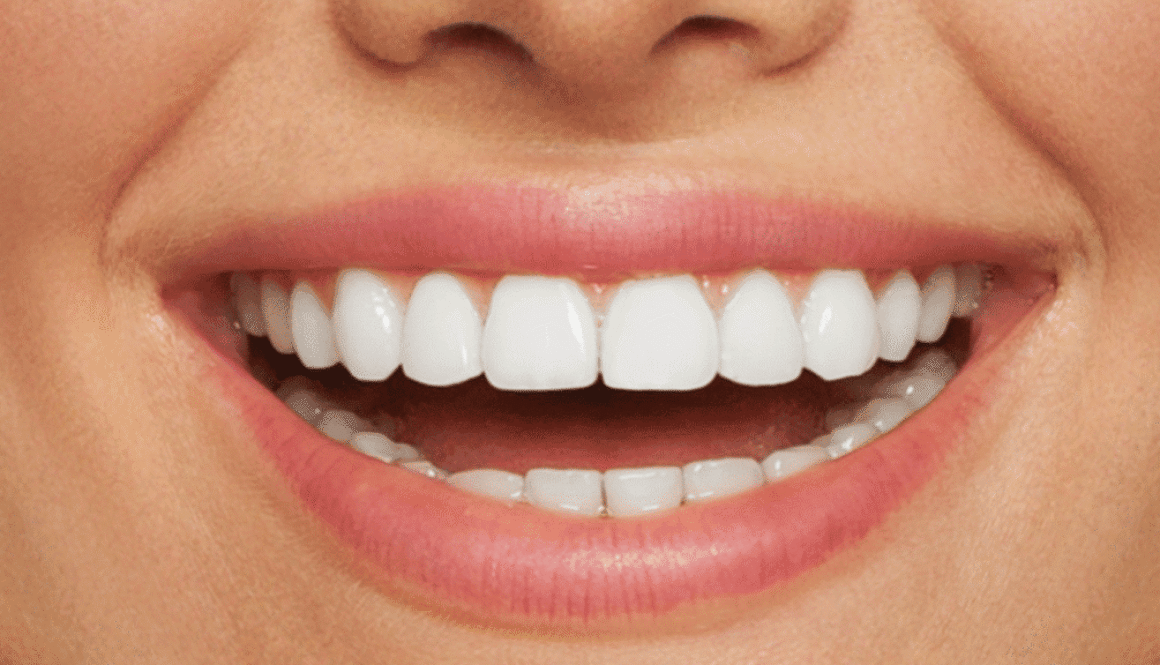How much are braces, and what does professional orthodontic care really include?
Braces are often viewed as a cosmetic upgrade, but in clinical dentistry, they represent a significant investment in long-term oral health. Patients asking how much braces are and what professional orthodontic care really includes are usually trying to understand not just the price but the value behind it. The answer is more complex than a single figure because orthodontic treatment combines diagnosis, planning, ongoing care, and long-term risk management.
In the UK, brace costs vary depending on whether treatment is provided through the NHS or privately, the type of braces chosen, the severity of tooth movement required, and the level of specialist expertise involved.
What orthodontic treatment actually involves
Orthodontic treatment is not simply the fitting of dental braces. It begins with a detailed orthodontic consultation, clinical examination, imaging, and bite analysis. A bespoke treatment plan is then created to guide controlled tooth movement while protecting the gums, jaw joints, and surrounding bone.
Professional orthodontic care includes regular adjustments, monitoring tooth response, managing discomfort, and responding to complications such as jaw pain, uneven tooth wear, or gum disease. This level of supervision is essential for safe and predictable outcomes, particularly for adult braces and longer treatments.
Clinics such as Chrysanth Dental focus on comprehensive orthodontic care rather than cosmetic teeth straightening alone, ensuring both function and aesthetics are addressed.
NHS orthodontic treatment and eligibility
NHS orthodontic treatment is primarily available for children under 18 who meet strict clinical criteria based on the severity of misalignment. NHS braces are usually traditional metal braces and are intended to correct functional problems rather than cosmetic concerns.
The NHS orthodontic treatment guidance explains that adults are generally not eligible for NHS braces unless there is a clear medical need. As a result, most adult braces in the UK fall under private orthodontic treatment.
Private braces cost in the UK.
Private braces cost in the UK is generally consistent within broad ranges, but the final price depends on several clinical factors. These include treatment duration, the complexity of tooth movement, whether one or both arches are treated, and the type of braces chosen.
As a general guide, private braces in the UK typically range from around £1,300 for short-term or limited treatments to £5,000+ for complex or discreet systems such as lingual braces or comprehensive aligner treatment. The exact cost is always confirmed following a full orthodontic assessment, as treatment length, complexity, and appliance choice all influence pricing.
Patients considering private orthodontic treatment can explore options such as orthodontic treatment and adult braces to understand what different treatment options include.
What professional orthodontic care includes beyond braces
One of the most overlooked aspects of braces cost is what is included beyond the appliance itself. Professional orthodontic care covers regular reviews, brace adjustments, hygiene monitoring, emergency visits, and retention planning once treatment is complete.
Retention is essential to prevent relapse after tooth movement. This stage is often underestimated but is a critical part of orthodontic care and directly affects long-term results. High-quality clinics factor this into treatment planning rather than treating it as an optional extra.
Adult braces cost and longer treatments.
Adult braces can be higher than treatment for teenagers due to slower tooth movement, existing restorations, and a greater risk of gum disease. Adults often require longer treatments and closer monitoring, which affects the final price.
Severe misalignment, previous dental work, or jaw issues can also increase treatment duration. In these cases, the value of specialist orthodontic care becomes particularly important.
Payment plans and patient finance in private clinics
Braces represent a significant investment, which is why many private clinics offer flexible payment plans. These may include staged payments or regulated patient finance options. Any financial arrangement must comply with UK financial regulations.
Providers offering patient finance often work with regulated lenders while clearly stating that the dental practice itself is not a lender. Patients are typically required to have a UK bank account and permanent employment to be eligible.
Hidden costs and why cheaper is not always better
Lower advertised brace prices can sometimes exclude essential elements such as retainers, follow-up visits, or emergency appointments. Incomplete care increases the risk of relapse, gum problems, or uneven tooth wear, which may lead to further private dental treatments later.
Professional orthodontic care prioritises long-term oral health, not just straight teeth. Investing in comprehensive treatment often proves more cost-effective in the long run.
Choosing the right provider for braces in the UK
When deciding how much braces cost, it is equally important to understand who is providing the treatment. A specialist orthodontist or experienced dental team offers a higher level of diagnostic skill and ongoing care than remote or limited cosmetic systems.
Practices such as Chrysanth Dental combine clinical expertise with flexible appointment times and tailored treatment options, ensuring patients receive safe, ethical, and effective orthodontic care.
Conclusion: Understanding the true cost of braces
So, how much are braces, and what does professional orthodontic care really include? In the UK, the cost reflects far more than the appliance itself. It covers expertise, monitoring, risk management, and long-term stability. While NHS treatment plays an essential role for eligible patients, private braces offer adults and those with cosmetic or complex needs a wider range of options.
For patients considering braces as a long-term investment in their smile and oral health, expert guidance and transparent care are essential. To explore personalised orthodontic treatment options, speak to the team at Chrysanth Dental for professional advice tailored to your needs.
Disclaimer
This article is provided for general information only and does not constitute medical or financial advice. Orthodontic treatment and finance options should always be discussed with a qualified dental professional and, where applicable, a regulated financial provider, in line with current UK regulations and standards.










